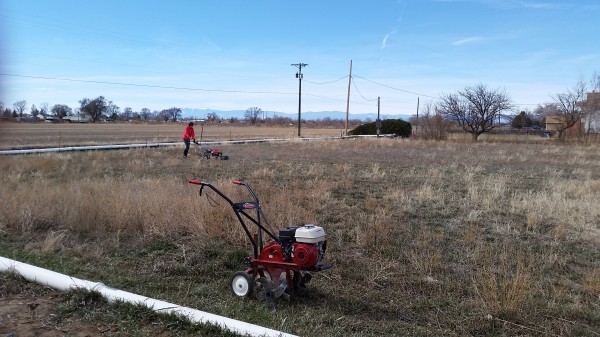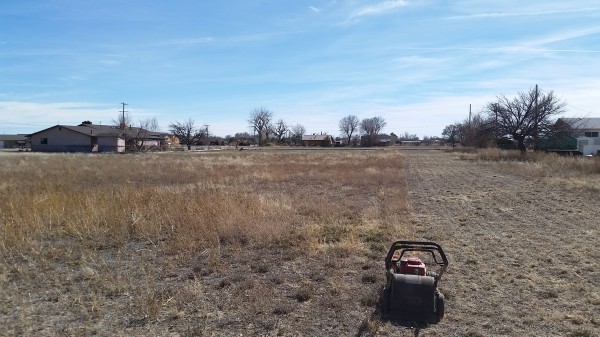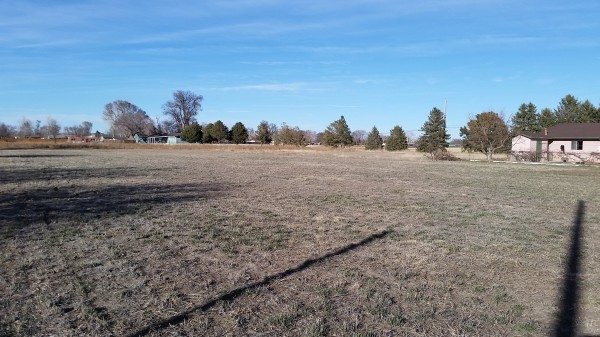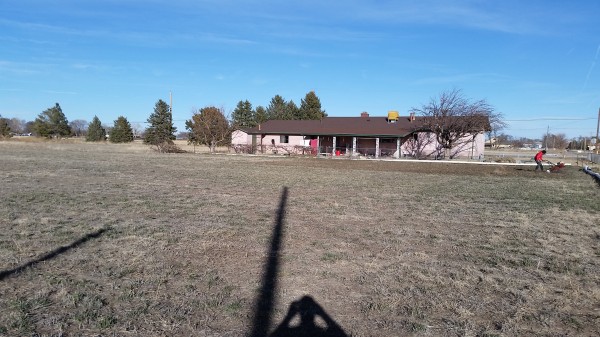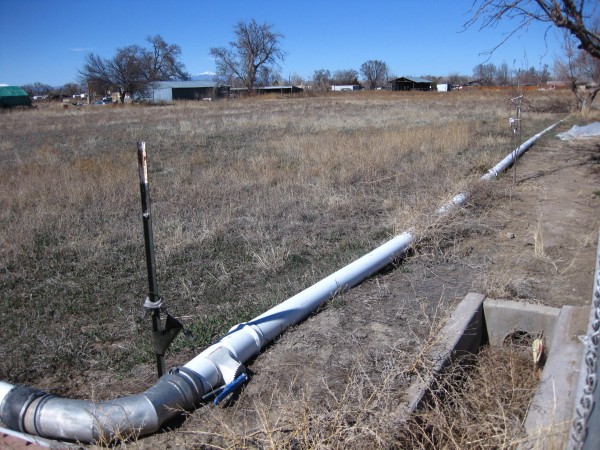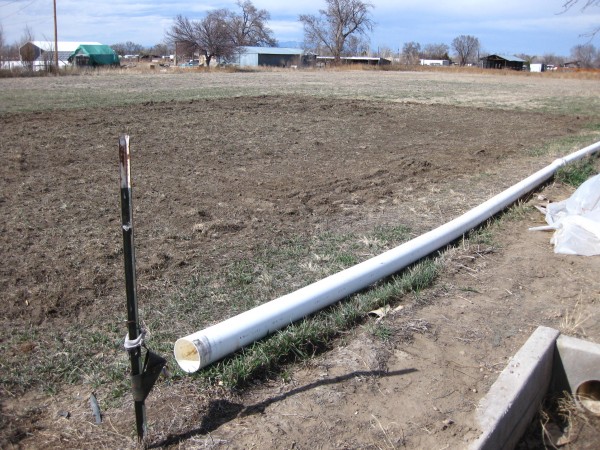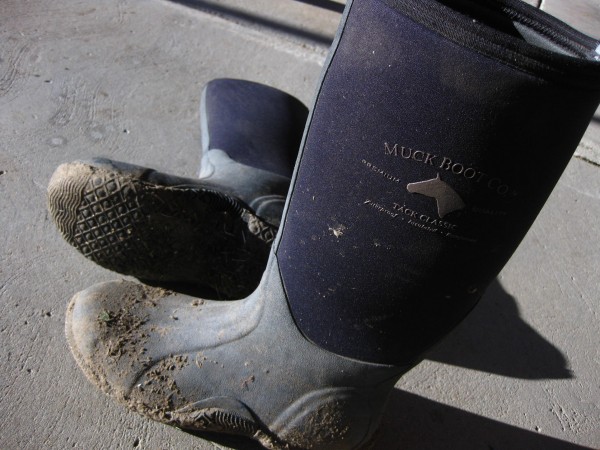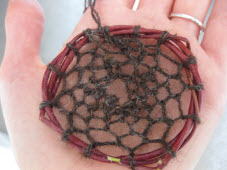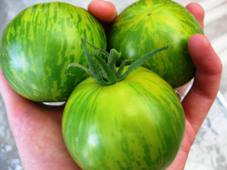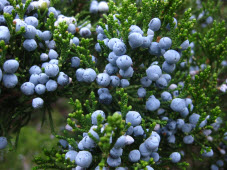
Hi folks!!
I hope this update finds you all well. Happy Summer! A lot has happened in our garden so I’ll show you that in pictures.
Overall, gardening in the countryside vs. the city is harder. City gardening was a heavenly bubble of moderated influences — not as hot, not as cold, not as windy, not as many bugs, not as many weeds.
Out where we are now, we are really in the thick of the elements. Weather, wind, bugs, weeds — it’s all here in very full force. It began with the bindweed. Uttering the word Bindweed in the presence of a gardener is enough to elicit shudders and perhaps convulsions. This land is covered in bindweed, whose roots plunge to the center of the earth, and when we rototilled the land for the garden plot, we chopped up bindweed roots into a zillion little pieces. Each minuscule piece of root, since bindweed is a perennial weed, sprouts into a whole new bindweed plant. And once the garden was sufficiently covered in bindweed, the grasshoppers hatched. Once the garden was being skeletonized by grasshoppers, the bindweed problem looked like child’s play. Bindweed doesn’t munch voraciously at least. Whenever we would walk out there, thousands of grasshoppers would scatter in front of us like a hail storm, or like popcorn. Biblical scale stuff here. Locals say they’ve never seen anything like it. The ‘hoppers ate everything and it was a real downer to go out into the garden at all. The front flower garden was also getting decimated. This year’s gardens are one big experiment anyway, since gardening even a couple hours away is very different, and the local climate must be learned. Still, it was hard to see all that hard, hard labor being ruined.
I planted 20 tomatoes into Walls-O-Water and thank goodness I did, since the Walls were able to shield the tomatoes from the grasshoppers. Because later, I planted out 35 small tomato seedlings that I’d nurtured over the course of a couple months. By the end of the day, they were all gone. Eaten to the ground, along with the bell pepper seedlings I’d planted. They even ate the onions. And the rhubarb. Potatoes. Broad beans. Spinach. Chard. Cabbage (which also had flea beetles). Two whole entire 70′ rows of bean seedlings, after I spent hours in 100-degree heat loosening the soil, amending, and planting bean seeds.
The things they didn’t eat were squash, cantaloupe, and honeydew vines. They ate the just-sprouted zucchini cotyledons down to nubs but not the mature squash leaves. But fear not–there was a bug for those. Cucumber beetles descended upon the curcurbits in force, and killed the honeydew vines outright (actually what probably happened is that they transmitted bacterial wilt to the vines which killed them).
Why don’t the little bastards go for the bindweed??
Pulling out bindweed (well you don’t pull it out really; its stems break off just below soil level) is a project for the shoulder hours of morning and evening, but once the sun goes down enough so that I don’t desiccate to death out in the heat, the mosquitoes would come out in full force and I wore long sleeves, long pants, boots, and still got bites and spent half the time swatting around my head with muddy hands. I have yet to drag myself out of bed and get out there pre-dawn, but one day I will do that, as I’m curious if the mozzies will be out before dawn.
One day a couple weeks ago, we had had enough. The vigor of the bindweed was demoralizing but the explosive number of grasshoppers was overwhelming and disturbing and they were doing so much damage that we couldn’t take it any longer. I’ve always been an organic gardener, but let me tell you that “Permethrin!!” was written more than a few times in my daily gratitude journal after we finally broke down and sprayed the grape vines, veggie, and flower gardens.
It was a strange feeling to gear up in my poison suit of long pants, long shirt, rubber gloves, respirator, and spray my garden. I’m sorry to say some beneficial bugs, and bees, were sacrificed and that was hard to see. So Sad. Caught in the crossfire. Permethrin is pretty much an instant-results chemical, which we really appreciated; the grasshoppers began dying immediately. We followed up with Nolo bait around the property and gardens. Nolo bait is an organic grasshopper-specific control that takes longer to act, but can impact future generations too because it’s a microsporidial infection that passes from one ‘hopper to another.
Hopefully the pesticide will be a one-timer, but I am SO glad we sprayed. As soon as we relieved the garden of its infestations (cucumber beetles too! flea beetles! even the mosquitoes I think!), it just took off. Exploded with growth. Lesson learned there — I cannot be depressed while going into my garden. It’s spirit-food as well as physical food. I need to have things be flourishing. I need to address the bugs sooner and if a crisis imbalance develops like the grasshoppers in this region this year, I am not above spraying non-organic-approved pesticide in defence of my food. And, um, my flowers. (We have glorious heavenly blue morning glories now that their vines aren’t being chomped off daily!)
Good news in the garden is that despite the bindweed (and before the ‘hoppers!), I harvested a couple giant trashbags full of organic spinach! A bunch of beautiful organic lettuce. Incredible sweet peas. Cilantro and parsley (two things the hoppers don’t touch!) And I’ve finally gotten the irrigation situation down to where I’m quite happy. I was very disoriented with this gated pipe irrigation, where you run water down furrowed rows. I’ve never watered stuff from the bottom and sides before, and it took some frustration, research, experimentation, observation, and tweaking to come to what we’ve got going now. Right now, it’s awesome. Everything gets a very proper drink of water and that is all they seem to ask. The soil is former bottomland, I think, due to its sandiness (I’ve always worked in clay — this is totally new!) and proximity to a nearby river. So, it seems pretty fertile on its own. Add to that the horse manure from past horses pasturing on the land, and the coffee grounds and fresh grass clippings I’ve added, and things seem to be growing themselves. I’ve applied no commercial fertilizer or even compost, although I’ve got compost ready to apply now. In all, I think the garden has good bones and it should only get better as I learn about the local climate. Onto the pictures now!
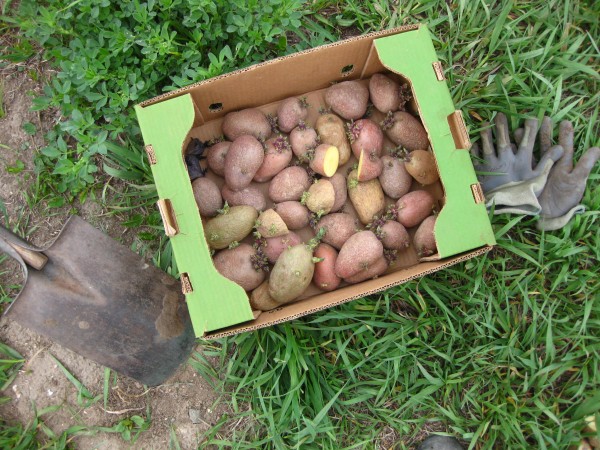











 Getting a new well pump put into our domestic well which waters the lawn and flower garden. This is the old one, pulled out.
Getting a new well pump put into our domestic well which waters the lawn and flower garden. This is the old one, pulled out.


 Grasshopper
Grasshopper
 See all the grasshoppers on the grapevine?
See all the grasshoppers on the grapevine?
 Cucumber beetles on a winter squash flower
Cucumber beetles on a winter squash flower

 Grasshopper damage to the rhubarb plant
Grasshopper damage to the rhubarb plant


 We love grackles! They help a lot with eating grasshoppers. We just kept the water trays stocked with fresh water for them.
We love grackles! They help a lot with eating grasshoppers. We just kept the water trays stocked with fresh water for them.

 Cantaloupe!
Cantaloupe!





*****












































































